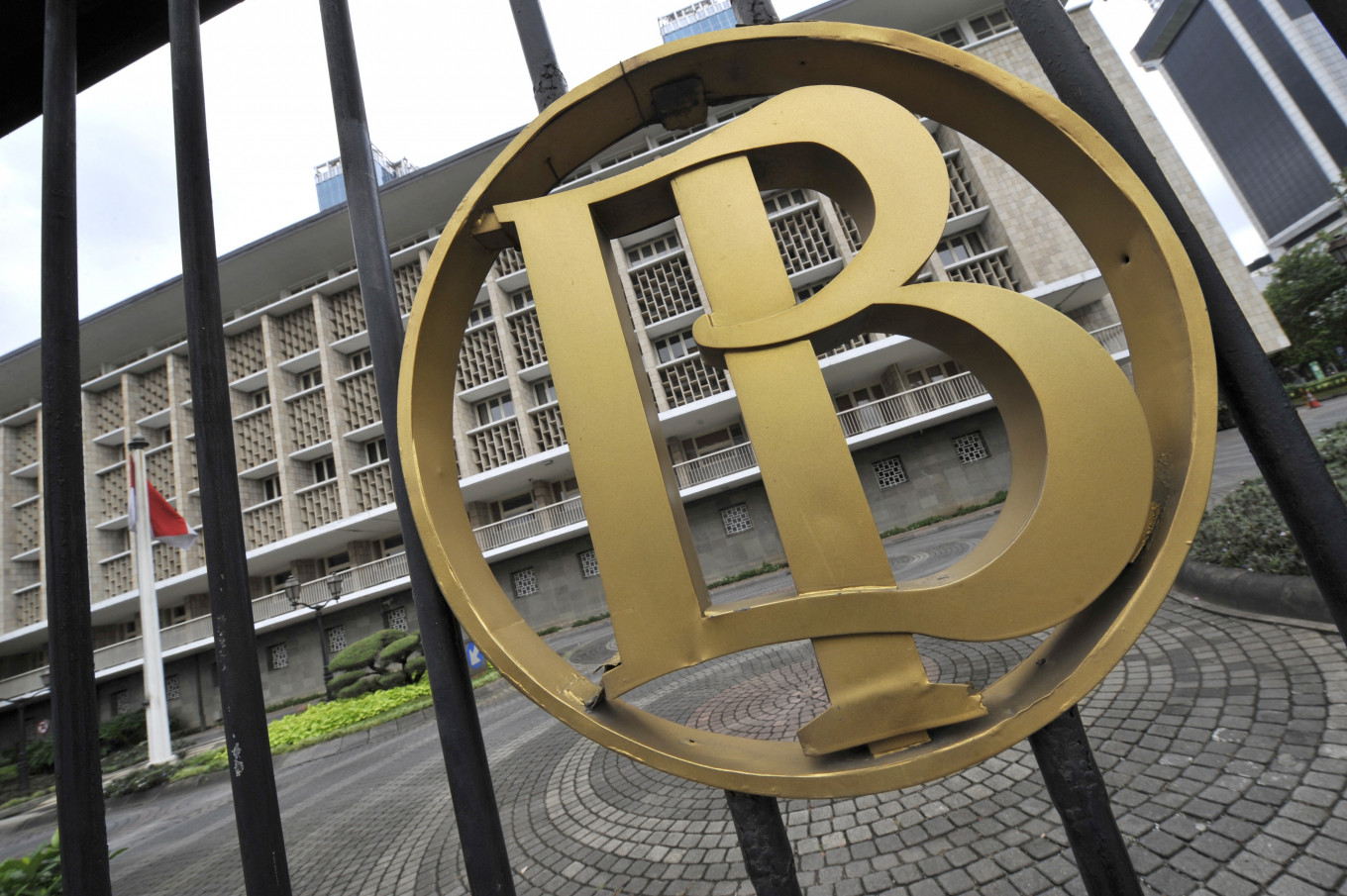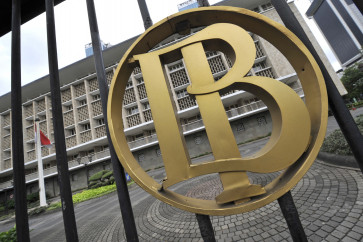Popular Reads
Top Results
Can't find what you're looking for?
View all search resultsPopular Reads
Top Results
Can't find what you're looking for?
View all search resultsLiz Truss resignation a cautionary tale for Indonesia
Indonesia has done relatively well amid the global uncertainties but it is not fully immune, so it would do well to take three key lessons from the UK debacle.
Change text size
Gift Premium Articles
to Anyone
A
fter just 44 days in office, Liz Truss has resigned as the British prime minister, making her the shortest-serving premier in the United Kingdom’s history.
But she had set the course toward her political demise a month ago, when her cabinet unveiled its new “mini-budget”, in which Truss scrapped the top income tax rate of 45 percent and canceled a planned increase in corporate tax. All the while, she also aimed to shield UK consumers from the global energy crisis by freezing prices until 2023, a measure which would have added 60 billion pounds (US$67.83 billion) to the deficit.
The market’s backlash was swift, sending the British pound crashing and the yield of UK government bonds (gilts) soaring. The fallout from the gilt’s breakdown was so worrisome, especially for UK pension funds, that the Bank of England (BoE) was forced to intervene to calm down the market. Within days, the Prime Minister’s credibility was gone.
One can argue the merits of Truss’s budget, but the main thing that doomed it above all else was timing. Cutting taxes can boost the economy in certain cases, but doing so while energy subsidy bills are rising is a sure way to put fiscal sustainability in doubt. Similarly, increasing the deficit while the United States Federal Reserve is hiking rates could only worsen the problems in the bond market.
There was a time just a year or two ago, when countries could sustain large fiscal deficits with nary an increase in interest rates thanks to the Fed’s quantitative easing. Those days are gone. Now the Fed is determined to restrict US dollar liquidity, making life difficult for governments that depend on foreign inflows to finance their fiscal deficit – like the UK’s.
The lack of dollars also leaves non-US central banks with a tough choice: Either let their national currencies fall against the US dollar or go along and hike rates to stop the decline. The Bank of Japan has chosen the first path with a predictable effect on the yen. The BoE was on the second path but has now been diverted to the first, having to stop gilt yields from rising. Others like the European Central Bank are walking a tightrope between the two.
Indonesia was initially spared from this dismal choice thanks to our current account (CA) surplus. We do import oil but we also export coal, whose prices have risen even higher than oil’s. Moreover, our chronic dependence on foreign investors to purchase government debt had been reduced during the pandemic, from 39 percent at the end of 2019 to just 14 percent recently.



















